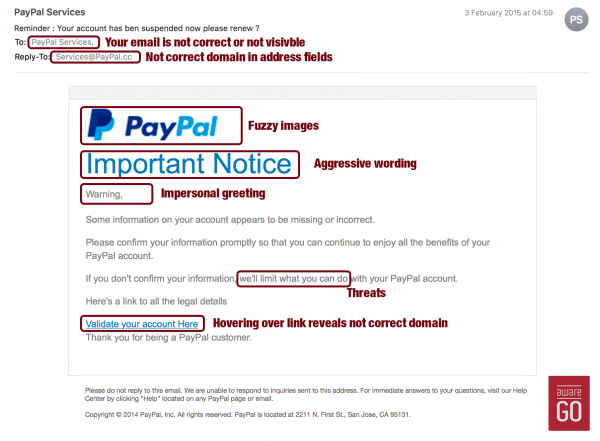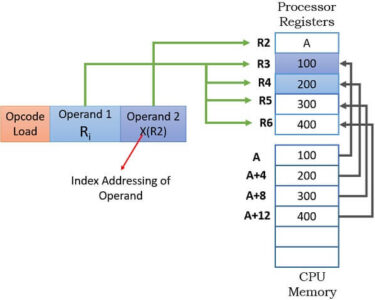
Email Phishing for Credit Card Account Closure Confirmation
Introduction
Phishing is a type of cybercrime that involves sending fraudulent emails or text messages to trick recipients into providing personal information, such as credit card numbers, passwords, and Social Security numbers. These emails or text messages are often disguised as legitimate communications from banks, credit card companies, or other financial institutions.
Recently, there has been a surge in phishing emails that are targeting credit card account holders. These emails claim to be from the credit card company and inform the recipient that their account has been closed due to suspicious activity. The email then prompts the recipient to click on a link to confirm the account closure and provide their personal information.
How to Identify Phishing Emails
There are several key indicators that an email may be a phishing scam:
- Urgent or threatening tone: Phishing emails often use urgent or threatening language to pressure the recipient into taking action. They may claim that the account will be closed or suspended if the recipient does not respond immediately.
- Poor grammar and spelling: Phishing emails often contain grammatical and spelling errors.
- Suspicious links: The email may contain links that lead to fake websites that mimic the legitimate websites of banks or credit card companies. These websites are designed to trick the recipient into providing their personal information.
- Request for personal information: Phishing emails will often ask the recipient to provide personal information, such as their credit card number, password, or Social Security number.
What to Do If You Receive a Phishing Email
If you receive an email that you suspect is a phishing scam, do not click on any links or open any attachments. Instead, forward the email to the security team of the financial institution that is being impersonated. You can also report the phishing email to the Federal Trade Commission (FTC) at https://reportfraud.ftc.gov/.
Conclusion
Phishing scams are a serious threat to consumers. By being aware of the signs of phishing emails and taking steps to protect your personal information, you can help to avoid becoming a victim of this type of cybercrime.


